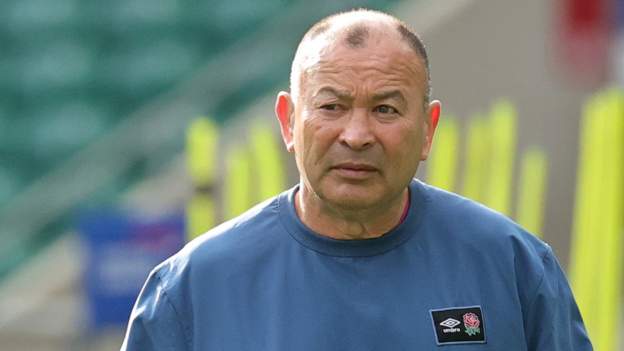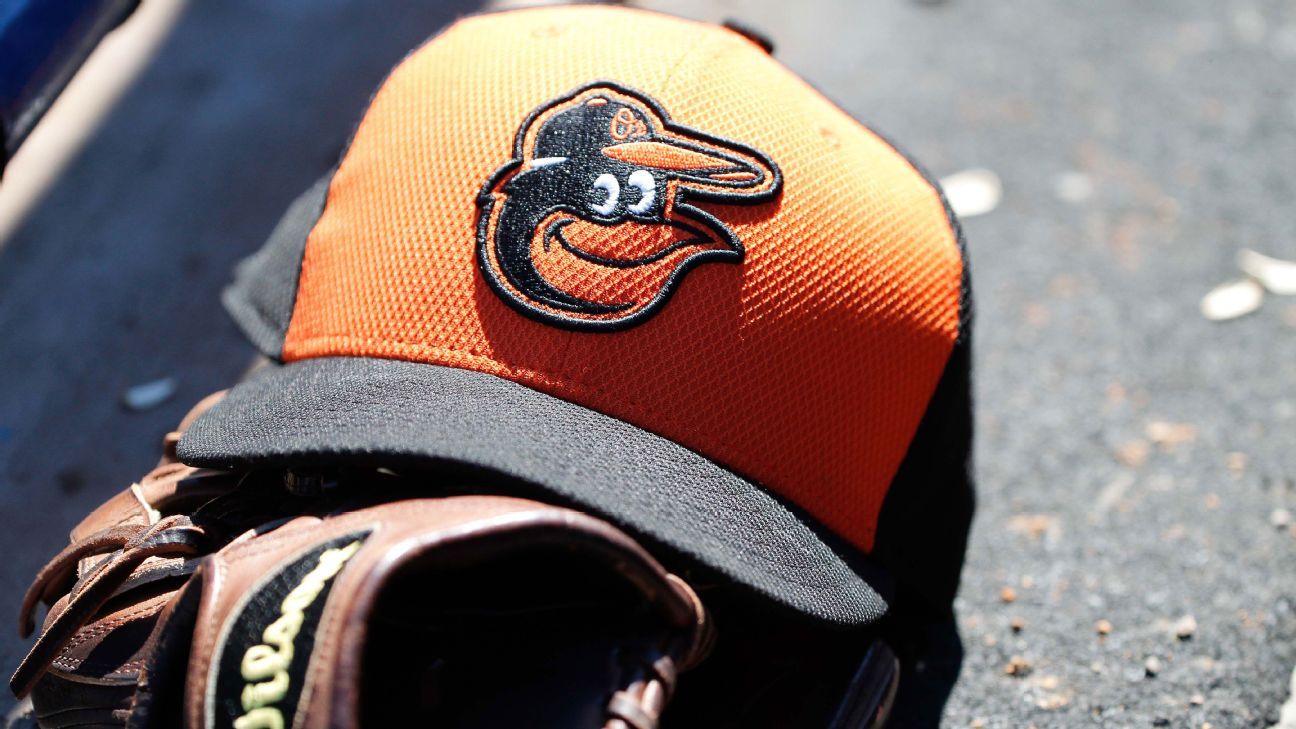
England head coach Eddie Jones "is sure" centralised contracts for his players will be considered when an agreement between the Rugby Football Union and the beleaguered Premiership is renewed in 2024.
The financial governance of rugby union is under scrutiny with crises ongoing at clubs Worcester and Wasps.
At the moment, clubs own players and loan them to England for Test matches.
Jones said he and club coaches were "trying to get as joined as we can".
The England coach admitted to BBC Sport that there were "conflicting priorities" and said the idea of centralised contracts for England players "certainly is something that can be considered".
Repeating what RFU chief executive Bill Sweeney said on Sunday, Jones added that such contracts would not happen until an agreement between English rugby's governing body and the Premiership was renewed for the 2024-25 season.
Worcester have been relegated and suspended, while Wasps went into administration on Monday.
'Tough' for players like Willis
The only player directly affected in the England autumn internationals squad named by Jones earlier on Monday is Wasps flanker Jack Willis.
Jones said England's strength and conditioning staff would work with Willis to "keep him prepared".
"It's tough for those players," Jones added.
"You know I've been in this situation myself. I worked at a school and we didn't get paid for three months as a teacher and I was living at home so I didn't have those worries.
"We really feel for them but Jack will come in and be himself."
Reducing size of Premiership 'a natural process'
RFU chief executive Sweeney said on Sunday that the current model in English rugby was "broken", adding there was a "clear financial benefit" in reducing the size of the Premiership.
Jones, whose side is preparing for four Tests in November, added: "Every country wants a settled domestic competition and they want a vibrant national team. That's how rugby works.
"England's obviously got Twickenham which is a massive advantage. We'll play four Tests here with 82,000 people and our job is to play vibrant rugby."
Of domestic rugby, he added: "Sometimes, particularly when you're a young competition, which most professional rugby competitions are, you start small, you expand you get too big, and then you have to go back in.
"I think this is almost like a natural process of developing the best competition."















 Phone: (800) 737. 6040
Phone: (800) 737. 6040 Fax: (800) 825 5558
Fax: (800) 825 5558 Website:
Website:  Email:
Email: 






